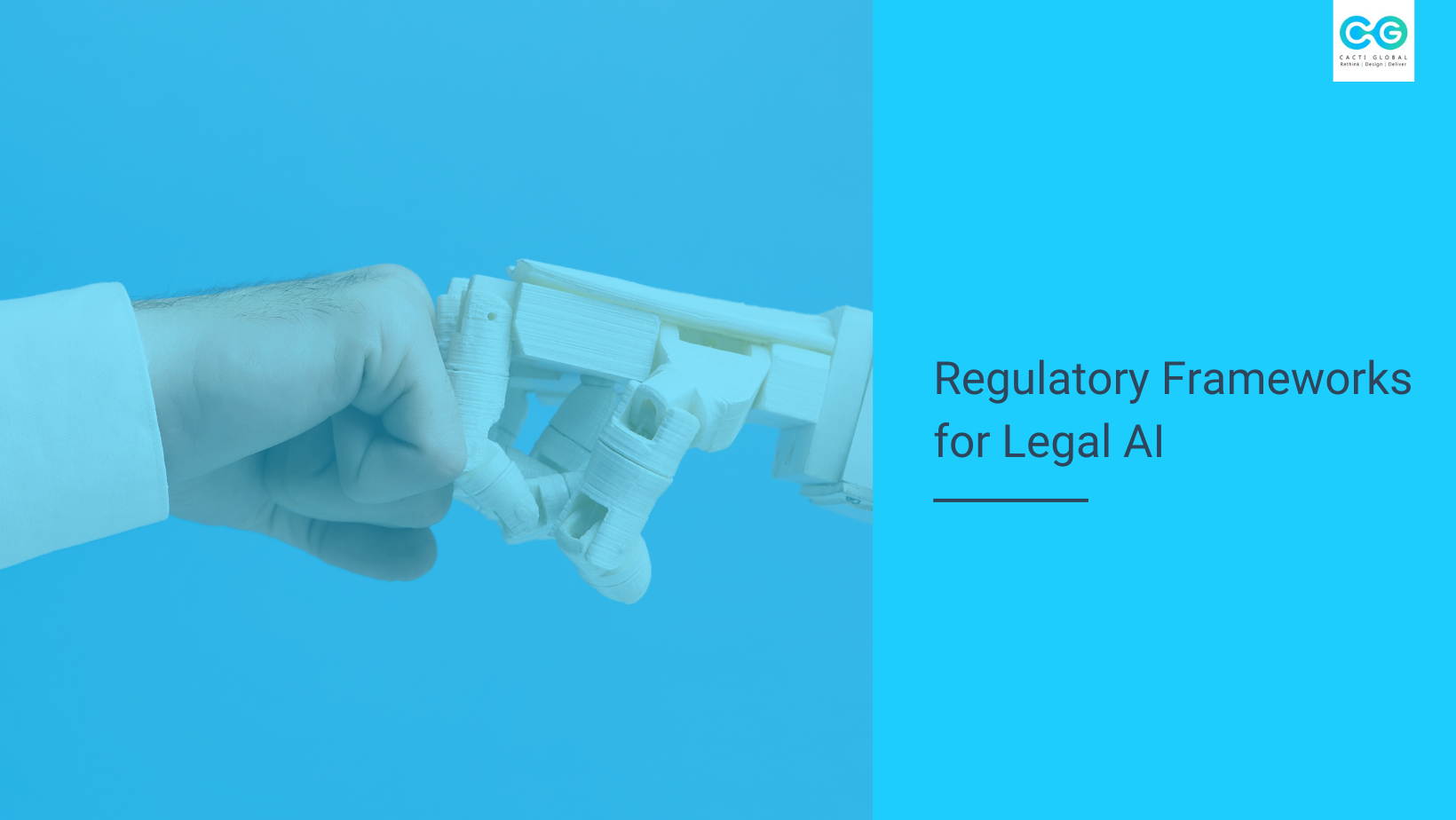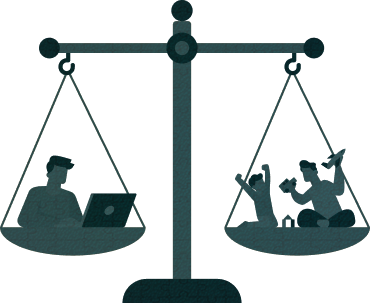Why Legal AI Regulatory Frameworks?
Artificial Intelligence is revolutionizing how we work and becoming ubiquitous in different industry domains. Advancements in AI technologies like Natural Language Processing (NLP), Machine Learning, and Computer Vision are changing how humans interact with machines. There are legal and ethical implications of using AI as it can be prone to bias, discrimination, invasion of privacy, and even threaten human safety, necessitating regulatory frameworks for legal AI
India has emerged as one of the largest markets where AI regulation is needed. There is a necessity to bring transparency, accountability, accessibility, and fair usage when it comes to the creation and implementation of AI systems in the nation. Currently, there are no specific laws present but discussions are being rolled out regarding formulating legal AI frameworks and taking initiatives in research.
Europe is setting itself as an example by becoming the forerunner for legal AI frameworks. The proposed AI Act in Europe unifies regulatory and legal frameworks for Artificial Intelligence and centers around excellence, trust, safety, and the fundamental rights of human beings. The European AI Strategy is human-centric and sets the standard for regulatory and legal AI frameworks across the world.
Building Responsible Regulatory Frameworks for Legal AI
Government engagement in building regulatory frameworks for legal AI can improve societal awareness and acceptance. AI regulation needs to be thoughtful, robust, and trustworthy, and not follow a one-size-fits-all approach. There is a need for better AI Fairness Reporting and stakeholders need to be empowered to assess legal risks better when using these technologies.
AI regulatory reviews focus on outcomes and applications over basic research. Emerging AI frameworks will follow a risk-based approach and be tailored to balance use cases based on risk assessments and the identification of potential impacts in everyday life. Governance issues can be addressed by collaborating with members of civil society and since AI is constantly evolving and dynamic, regulations should be flexible and adaptable over time.
Brazilian lawmakers have already created legal regulations for AI use. The US has maintained a strict posture on AI law since 2021 and Canada is following suit. Lawyers worldwide will pass a bill surrounding the creation, usage, sharing, and transparency of AI frameworks, and list complications surrounding its development and outsourcing.
AI for Law
Lawyers can use AI to improve productivity, and efficiency, reduce administrative costs, and provide better client experiences through enhanced decision-making, representation, and analysis. However, professional AI use is compliance-driven and the complete visibility of the impact of AI in law is yet to be achieved.
The American Bar Association’s first rule on ‘Competence,’ states that attorneys are obligated to represent their clients competently. It acknowledged the importance, risks, and implications of legal AI inclusion and admitted supporting evidence to adopt its usage for research and analysis. The rule still advised lawyers to exercise caution when using the technology and to stay updated on the latest developments in the domain.
Implicit bias in AI law is another challenge, hence law enforcement agencies worry about AI producing erroneous outcomes when solving legal cases. Legal AI systems are considered to be biased and the datasets used to train predictive AI systems have a high likelihood of exhibiting implicit bias. As AI evolves, lawyers must continue to exercise ethical considerations and ensure that data sources are representative and diverse.











